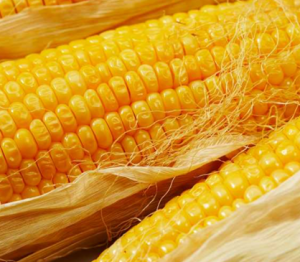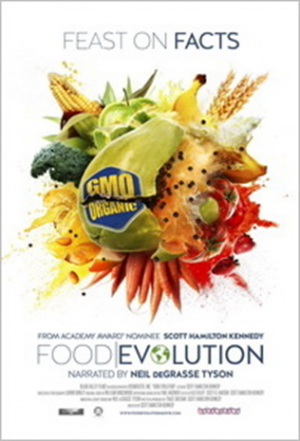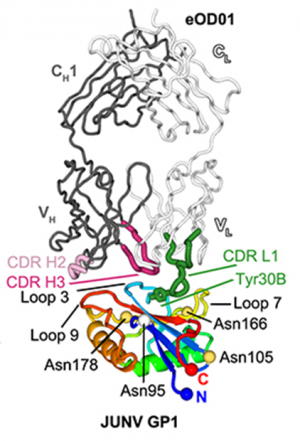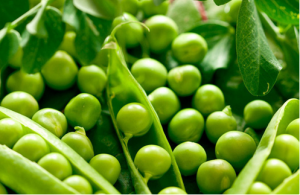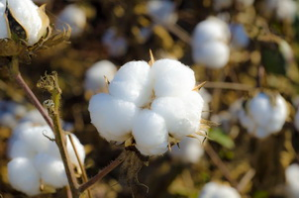Giorgio Fidenato, President of the Federated Farmers Association, and other applicants were prosecuted before the Italian District Court of Udine in November 2015 for planting genetically engineered (GE) maize MON810 in breach of a national decree issued on July 12, 2013 that prohibits its cultivation in the country.
A new film on GM food crops hits the movie houses in New York and Los Angeles. The film, titled Food Evolution is a product of independent investigation of filmmakers Scott Hamilton Kennedy (Academy Award nominee) and Trace Sheehan. They were initially contacted by the Institute of Food Technologists (IFT) to make a documentary covering fact-based public dialogue about the food system. However, as the filmmakers did their research and started filming, they became intrigued by consistently polarizing debate around GMOs.
An international alliance was formed to speed up crop improvement in sub-Saharan Africa, which was launched at the John Innes Centre, Norwich, UK on June 16, 2017. The Alliance to Accelerate Crop Improvements in Africa (ACACIA) aims to support African scientists in their efforts to find ways to address food security concerns by maximizing the impact of the John Innes Centre's cutting-edge science and technology in Africa. The alliance was formed through the efforts of its founding members, including the International Livestock Research Institute (ILRI) and the John Innes Centre.
Junín virus, a New World arenavirus carried by rodent populations in rural Argentina, causes the deadly Argentine hemorrhagic fever in humans. Although researchers estimate that around 5 million people are at risk of contracting Junín virus (JUNV), no internationally approved drugs are currently available to prevent or treat infection by this zoonotic pathogen. Extending previous studies aimed at understanding the antibody-mediated immune response to JUNV infection, Antra Zeltina et al.
Famine has eased in South Sudan after a significant scale up in the humanitarian response, according to new analysis released today. However, the situation remains dire across the country as the number of people struggling to find enough food each day has grown to 6 million - up from 4.9 million in February - and is the highest level of food insecurity ever experienced in South Sudan.
Cotton fiber is differentiated from single cell of ovule epidermis. A number of genes are involved in fiber formation, however, only a few fiber genes have been studied. The Kinesin 13 subfamily was found to play vital roles during cell division and cell elongation, and is believed to be involved in the regulation of cotton fiber development.
A global team of experts discovered the key traits in lentils that will enable the important grain legume to tolerate rising temperatures. Scientists from the University of Western Australia, Panjab University, Indian Council of Agriculture Research (ICAR) - Indian Institute of Pulse Research, Punjab Agricultural University
Scientists from the University of Kentucky led by Professor Hongyan Zhu have discovered a more efficient way for legumes to fix nitrogen. Zhu and his team found two antimicrobial peptides in the legume Medicago truncatula that kill certain rhizobial bacteria as nitrogen fixation begins. M. truncatula is closely related to alfalfa, a forage legume.
Cotton (Gossypium hirsutum) is an allotetraploid plant with a complex genome, with most genes having multiple copies. Due to its high efficiency, the CRISPR-Cas9 system was used by the team of Pengcheng Wang from Huazhong Agricultural University to generate two sgRNAs in a single vector and conduct multiple-site genome editing in cotton. The team targeted the exogenously transformed gene, Discosoma red fluorescent protein2 (DsRed2) in DsRed2-overexpressing cotton, which has a red seed phenotype.
Biotechnology is an essential tool in farmers' quest to produce enough food to meet the needs of 9.7 billion people by 2050, said the American Soybean Association (ASA) in their comments submitted to both the U.S. Department of Agriculture (USDA) and the U.S. Food and Drug Administration (FDA) regarding regulations in response to advances in genetic engineering.


 Curently online :
Curently online :
 Total visitors :
Total visitors :
